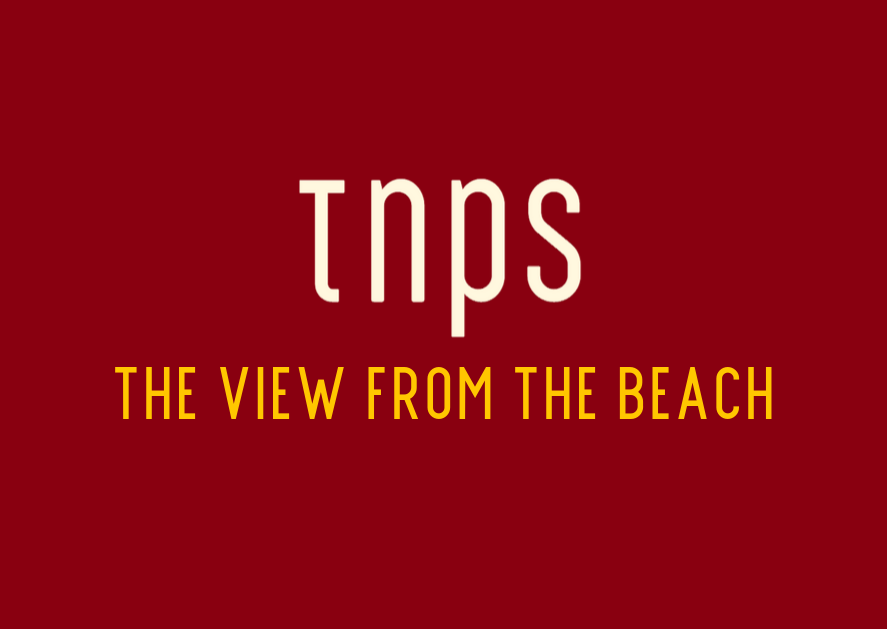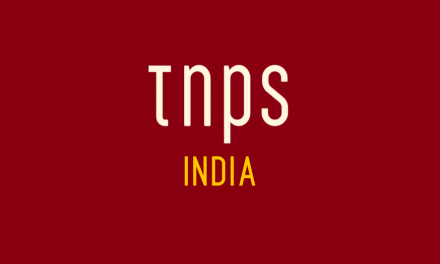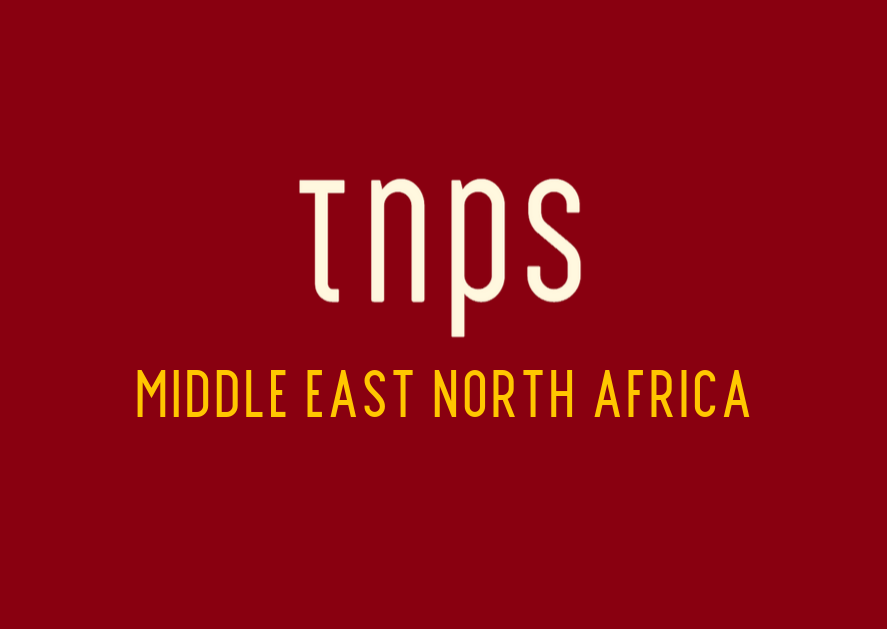Belgium’s Brussels Book Fair has traditionally been one of the least-noticed of the European spring-time publishing events, but this year had made the headlines simply for happening at all as bigger cousins are postponed or cancelled.
Brussels has just ended and I’m still waiting to see how many of the registered exhibitors and the expected 70,000 visitors turned out.
Around the world other publishing events like the Emerald City Comic Con have conceded defeat with low visitor expectations even if some exhibitors are willing to participate.
One of the earliest casualties of the Coronavirus scare was the Bologna Children’s Book Fair, which was second after Taiwan’s Taipei International Book Exhibition to cancel – or rather postpone, in this instance, to what at the time TNPS said was a remarkably optimistic new date in April.
As the situation in Italy deteriorates by the day, the April event is pretty obviously not going to happen, and in any case exhibitors are voting with their feet, with Simon & Schuster the first Big 5 player to withdraw. Expect a flood of further withdrawals in the coming week and the inevitable announcement by Bologna to cancel the event until 2021.
Meanwhile the US situation also deteriorates by the day, driven as much by fearful anticipation as by biological reality.
With the news that New York, among many US states, has declared a state of emergency, the fear factor rose multifold.
And therein lies the real problem here: Book Expo America (BEA), the tied event BookCon, and countless other publishing events in the US and globally are directly in the firing line as this crisis escalates.
Event visitors and exhibitors do not feel safe, and it won’t matter a jot how much Reed International hides behind government attempts to play down the crisis. Exhibitors will pull out, visitors will stay at home, and the organisers will yet again have been seen to put profit before common sense.
In the US, DC was among the many that jumped the Emerald City Comic Con ship early rather than wait for an official cancellation.
Cancellation followed, and then the SXSW arts event followed suit.
The latter’s statement is instructive of the future unfolding, and one publishers everywhere might want to read:
As recently as Wednesday, Austin Public Health stated that ‘there’s no evidence that closing SXSW or any other gatherings will make the community safer.’
By Friday all public events were cancelled.
But rather than just call it a day, SXSW rose to the challenge.
We are exploring options to reschedule the event and are working to provide a virtual SXSW online experience as soon as possible for 2020 participants, starting with SXSW EDU. For our registrants, clients, and participants we will be in touch as soon as possible.
The shift online is not alone. We are seeing countless examples – far too many to collect and share here – of publishers, agents and other parties making alternative arrangements as face-to-face meets become unfashionable.
But let me cite perhaps the biggest example so far: The annual Bangkok International Book Fair in Thailand has cancelled its live edition and moved as much of the show as possible online.
Meanwhile word is that in Italy book sales have plummeted by 25% across the country and up to 50%.
Print books, that is.
Digital sales and downloads by contrast will be impacted only as the crisis hits consumer spending power, and even then the hit to publishers may depend more on their pricing policy than real economics.
Put simply, as consumers head online to buy their books and simultaneously study their bank balance, the less expensive ebooks and the digital subscription services are going to suddenly seem very appealing, and we’re about to see many die-hard print fans suddenly realising that digital isn’t so bad after all.
That’s not so say the existence of print – or book fairs – are threatened by the Coronavirus scare. Just that, when we eventually emerge from this sci-fi nightmare turned reality, the publishing world will have changed, and won’t change back.
But let me end this post with the latter part of the headline that opened it. Is the mighty Frankfurt Buchmesse on the at-risk list this year?
As I write this there are well or 200 days to go, and October 14 seems so far distant that we might not need worry about the Coronavirus scare.
But then again, we are in uncharted waters here. Nobody can predict just how long this crisis will continue. By October it may all be a distant memory, or it might be worse than anything we are currently imagining.
That’s not so scare-monger, just taking into account worst-case scenarios as being discussed by governments. This in the US, for example.
And this in the UK.
And yes they are both preparing for over a half million deaths from the Coronavirus.
Which brings us back to the Buchmesse in Germany.
There is a statement on the Buchmesse site about the Coronavirus crisis, but it pertains only to Germany’s participation or otherwise at overseas events.
Nothing is mentioned in that statement about the October Frankfurt event.
Meanwhile registration is underway for the said Frankfurt event, and that begs the question – how many publishers and other parties that would normally attend the Buchmesse event, will be having second thoughts right now as the global crisis veers from bad to worse.
While big corporate publishers might be able to take that risk, many smaller players, perhaps still waiting on refunds from Paris and London, might be deciding enough is enough for 2020.
It’s especially hard to imagine publishers in Italy, South Korea, Iran or China even thinking about registering for the Buchmesse just now.
And as the crisis spreads and escalates, more and more publishers in more and more countries will be deciding that maybe it would be better to put everything on hold until 2021.





I love to go to Belgium’s Brussels book fair. I love to read books a lot. I love luxury collection for festivals.